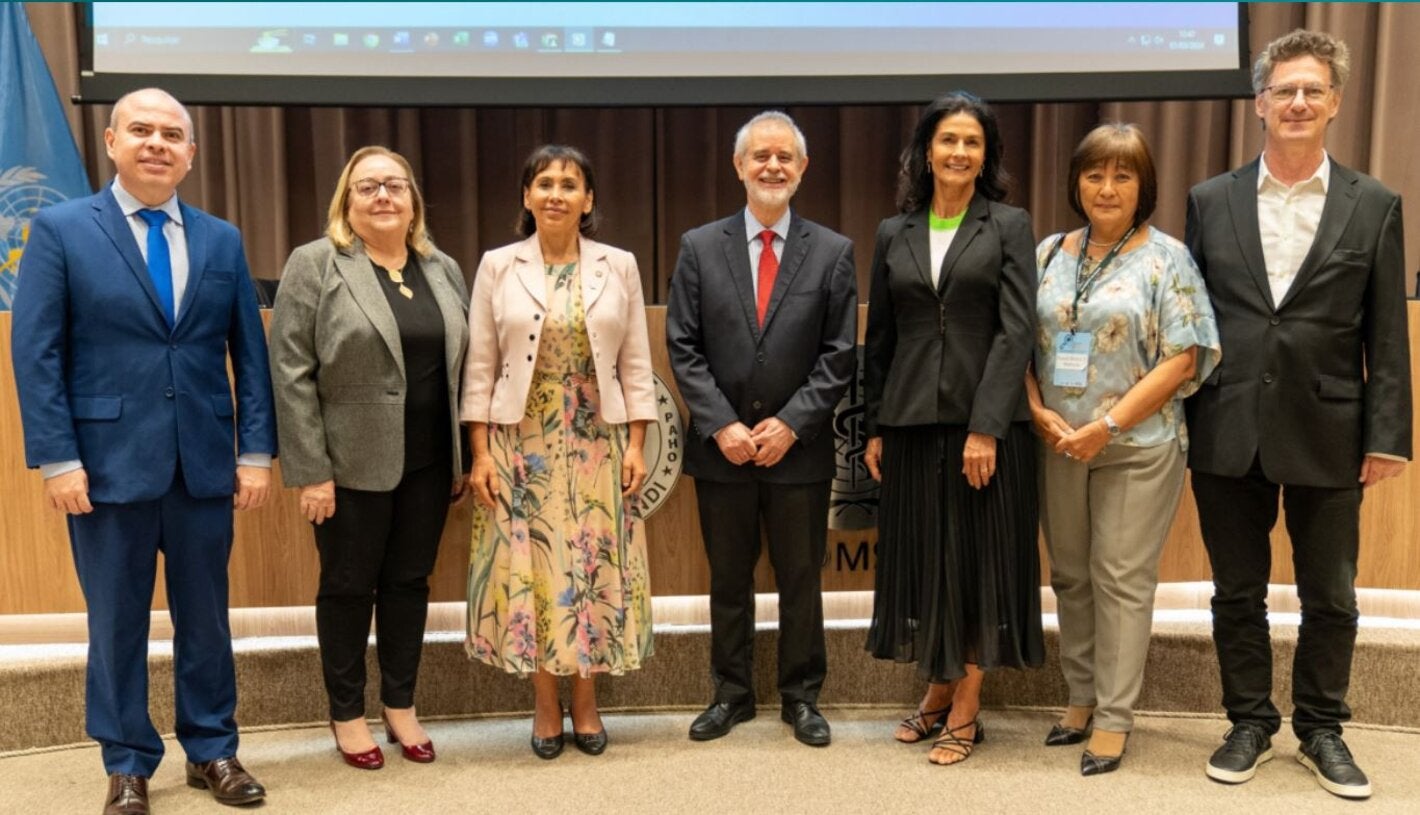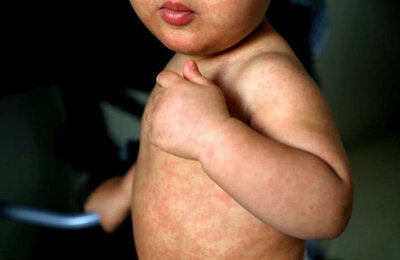
Montevideo, 20 March 2024 (PAHO/WHO) - According to the Brazilian Ministry of Health, dengue cases among pregnant women have increased significantly in 2024, reaching 5,151 in the first six weeks of the year, compared to 1,157 in the same period in 2023.
This increase is of concern because pregnant and postpartum women are particularly vulnerable to complications associated with dengue. These complications include increased maternal morbidity and mortality and perinatal risks such as prematurity, intrauterine growth restriction and stillbirth.
The "Manual for the prevention, diagnosis and treatment of dengue in pregnancy and puerperium" was launched to provide specific guidelines for the management of dengue in pregnant and puerperal women in order to promote maternal and foetal health and prevent complications.
The manual, which was launched on 1 March in Brasilia, was developed jointly by the Pan American Organisation (PAHO), the Brazilian Ministry of Health and the Brazilian Federation of Obstetric Gynaecology (FEBRASGO). Dr. Suzanne Serruya, director of the Latin American Centre for Perinatology - Women's and Reproductive Health (CLP/WR) also participated in the launch.
During the event, Dr. Maria Celeste Osório Wender, President of FEBRASGO said: "This guide is extremely important for public health, especially in the face of what could be the worst dengue pandemic ever recorded in Brazil, in which pregnant women and potentially postpartum women represent a group at high risk of mortality".
Dr. Antônio Braga, who participated in the development of the guideline, said: "This protocol will serve as a comprehensive guide for prevention, treatment and diagnosis, contributing significantly to the safety and well-being of pregnant and postpartum women during this critical period.
For her part, the director of CLAP/SMR said that maternal health is a critical issue for Brazil and the Region of the Americas today. "We need to make enormous efforts to achieve the targets set in the SDGs [Sustainable Development Goals]," she said.
Serruya reflected on the impact that some viruses have had on pregnant women in recent years and the increase in maternal mortality in the region and mentioned, by way of example, Zika and Covid 19. "This is why they should be considered priority groups and receive specialised attention," she said.
Finally, she stressed the importance of having protocols and standards that provide a framework for adequate and evidence-based care. "There are concrete actions we can take, but research and advocacy are essential so that we can provide quality care to prevent complications and save lives," she said.



